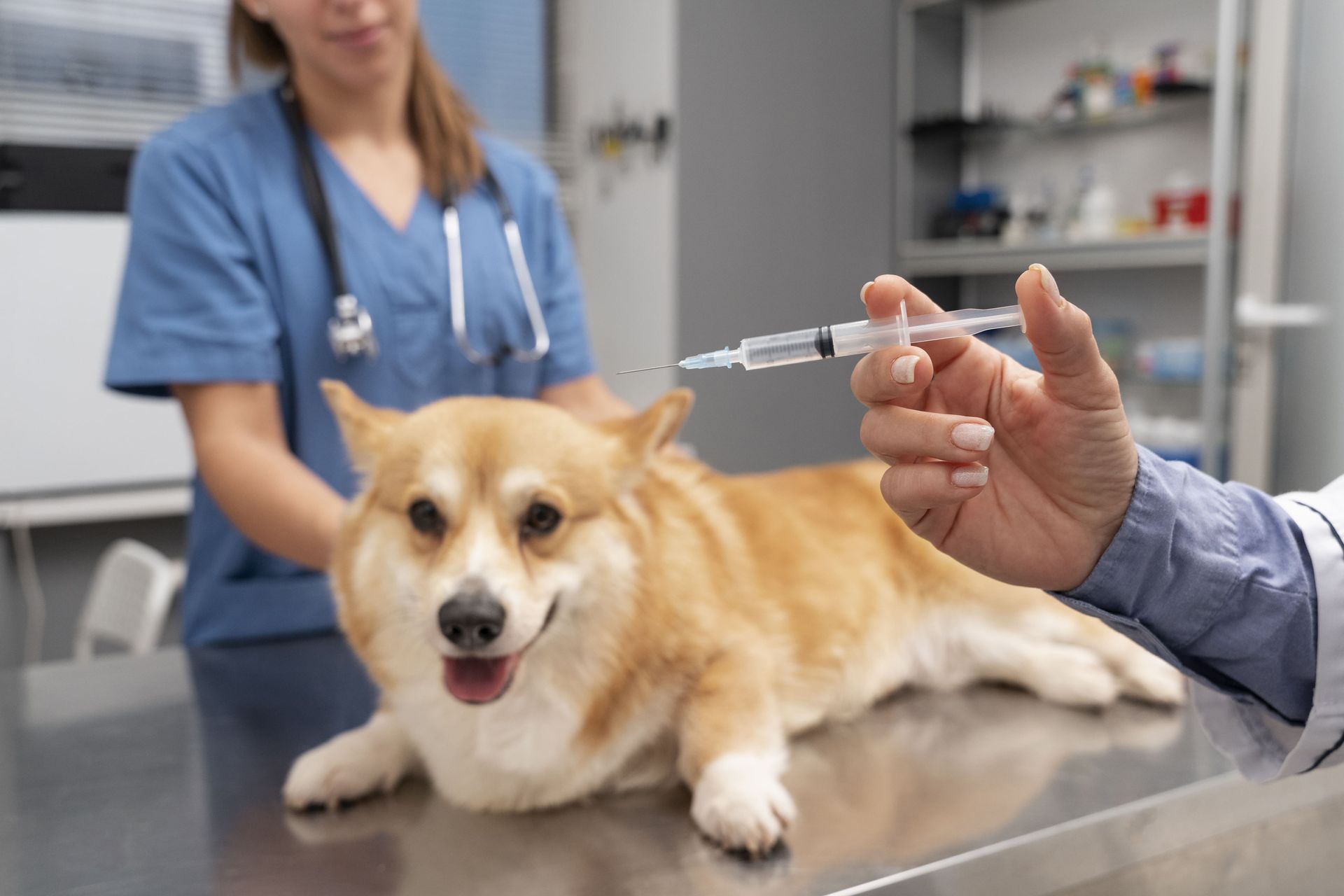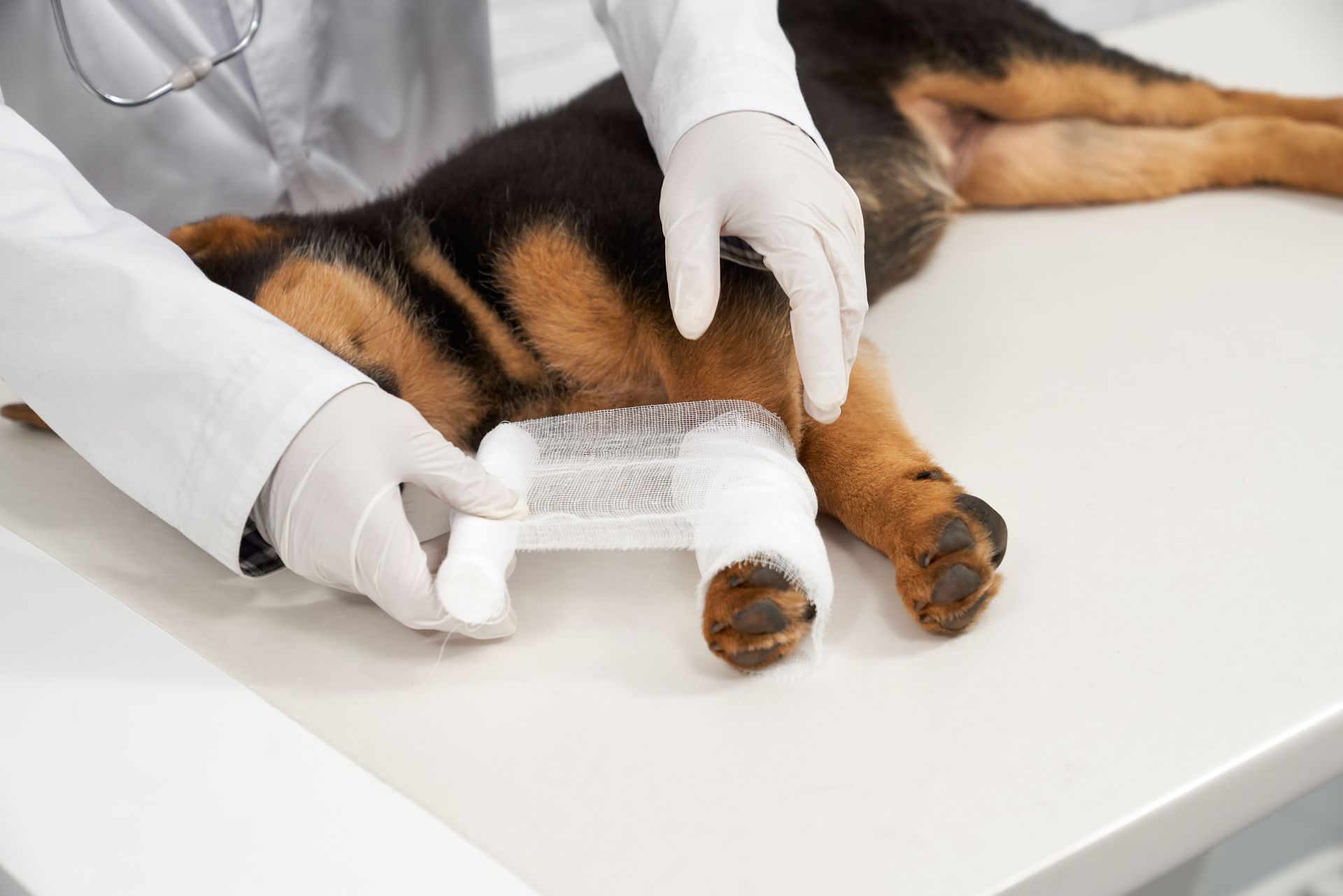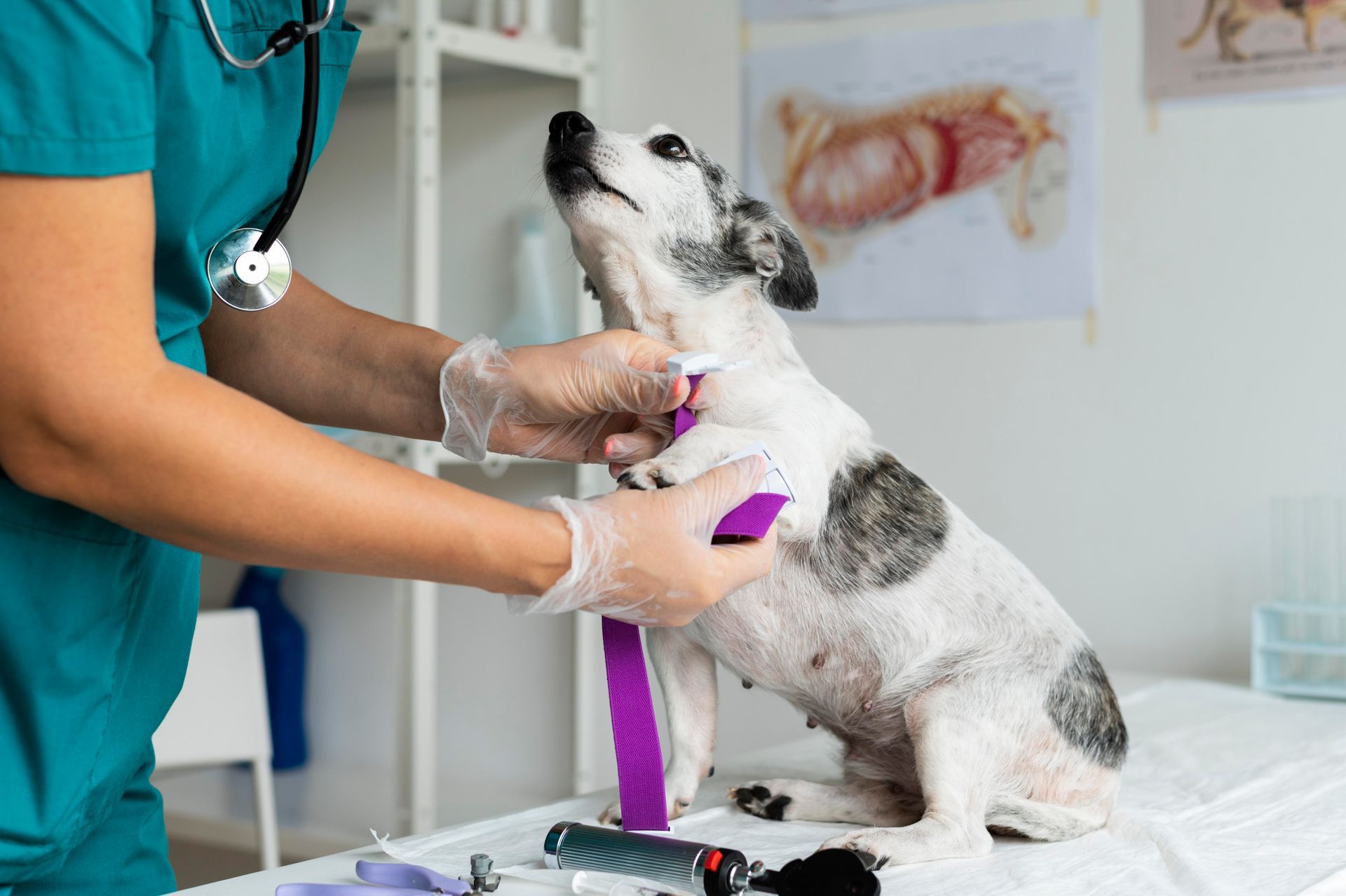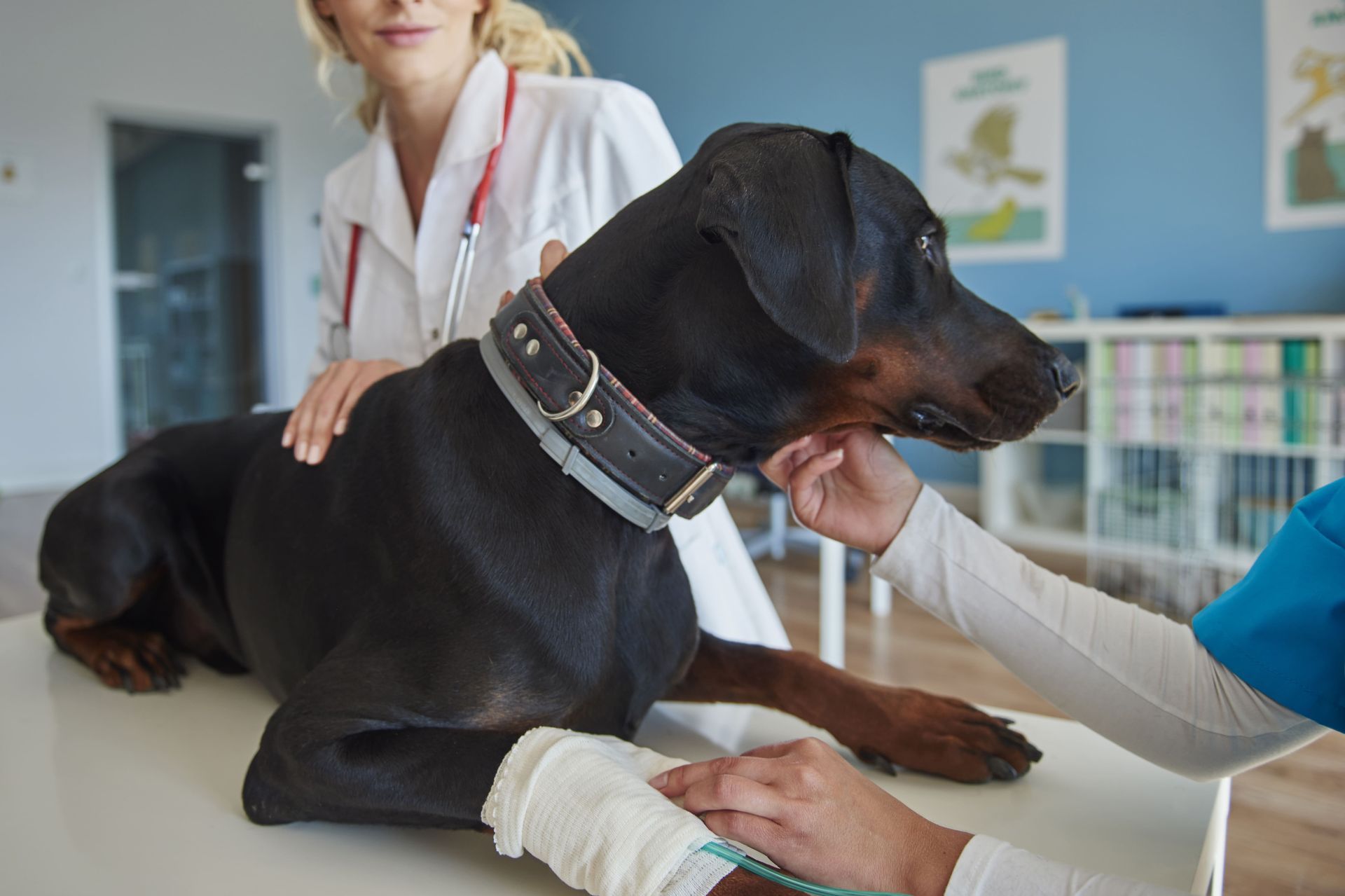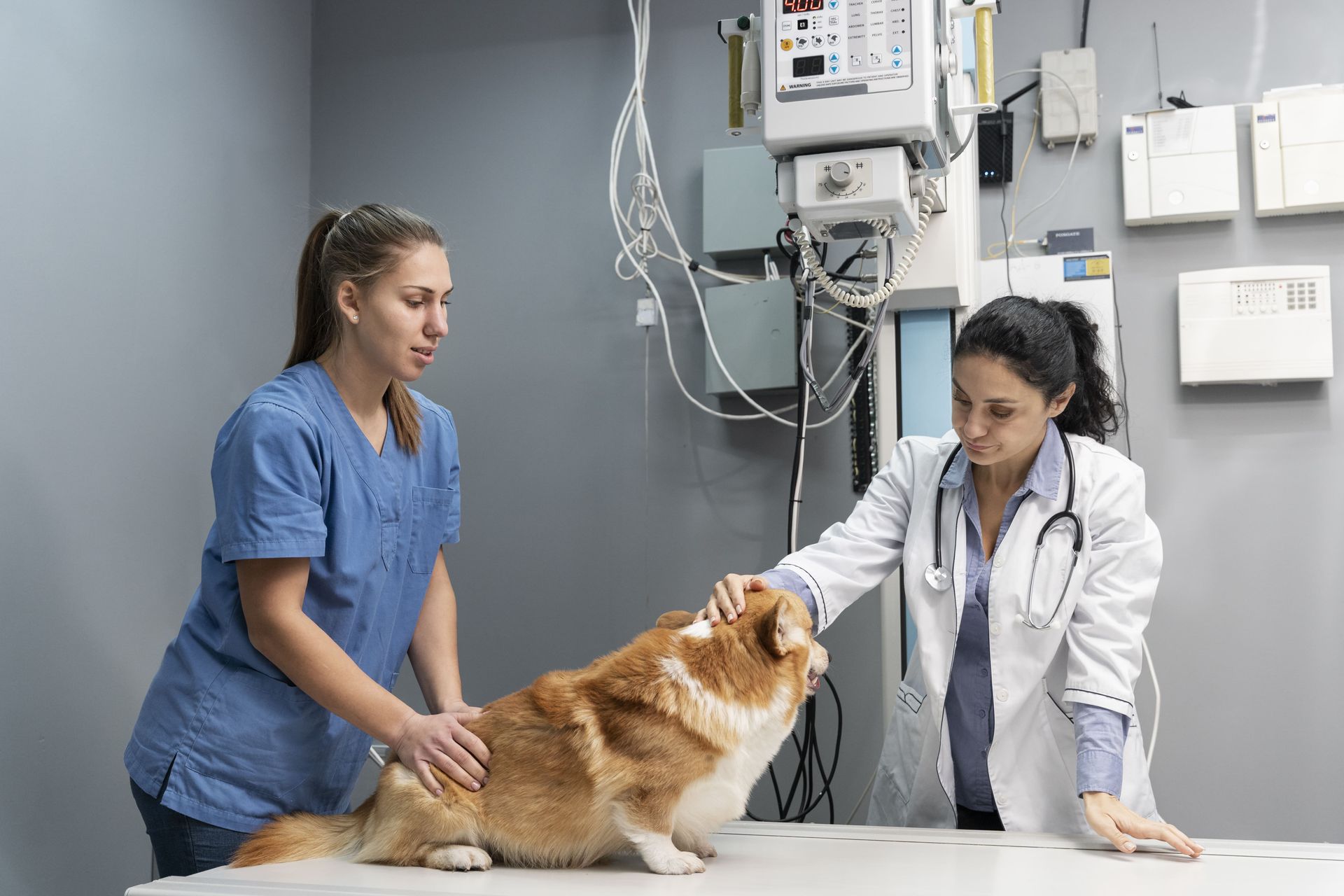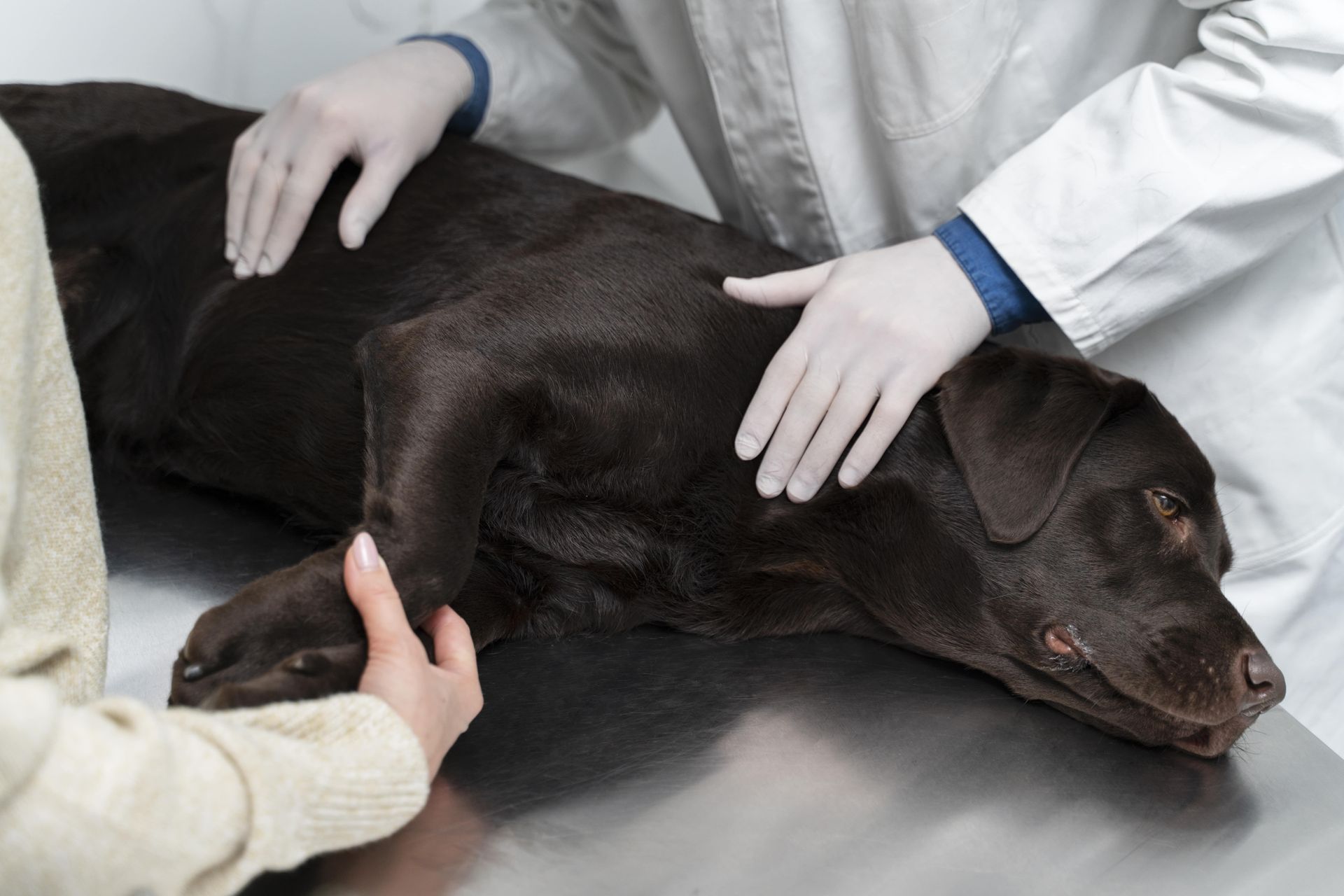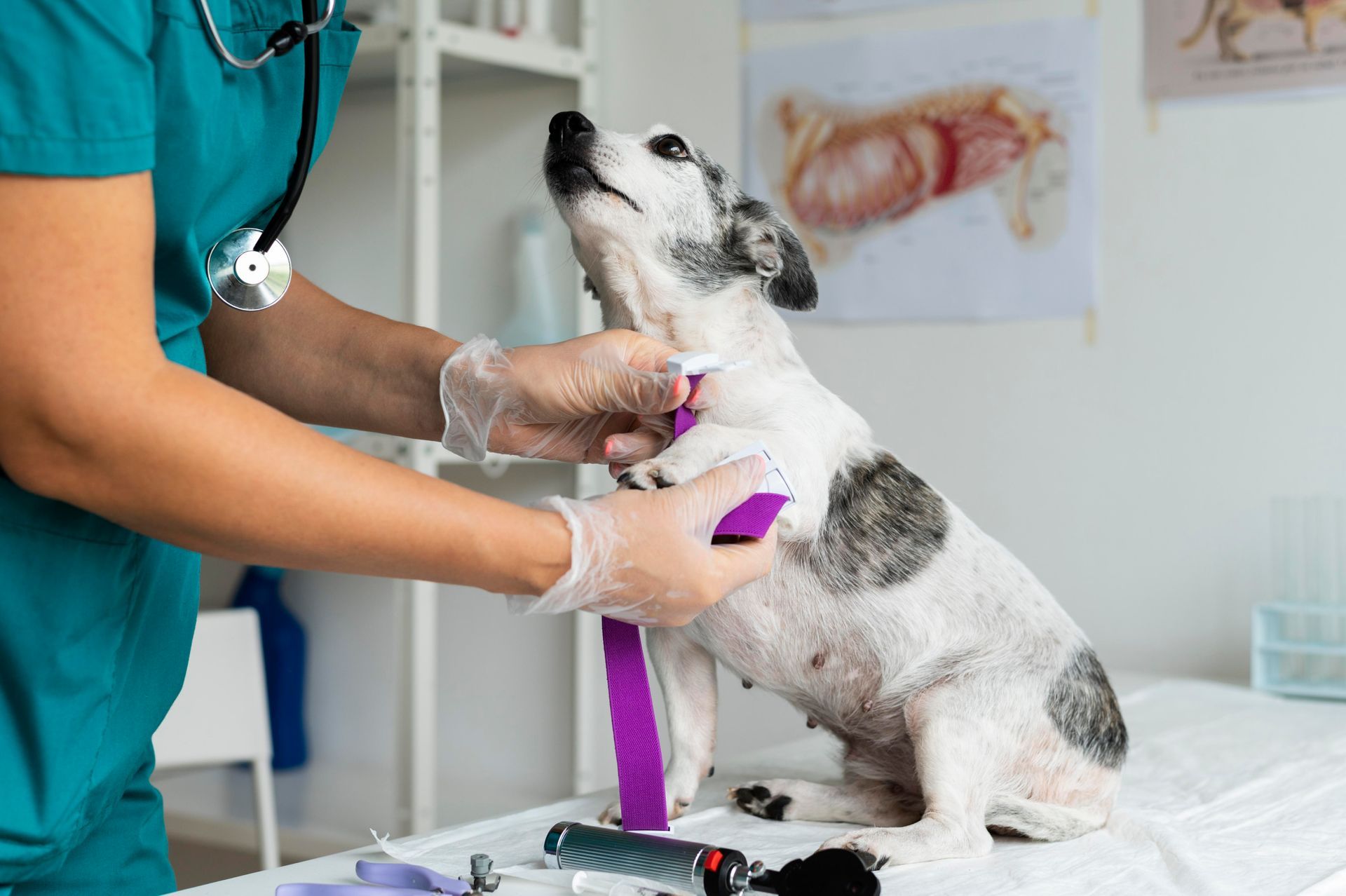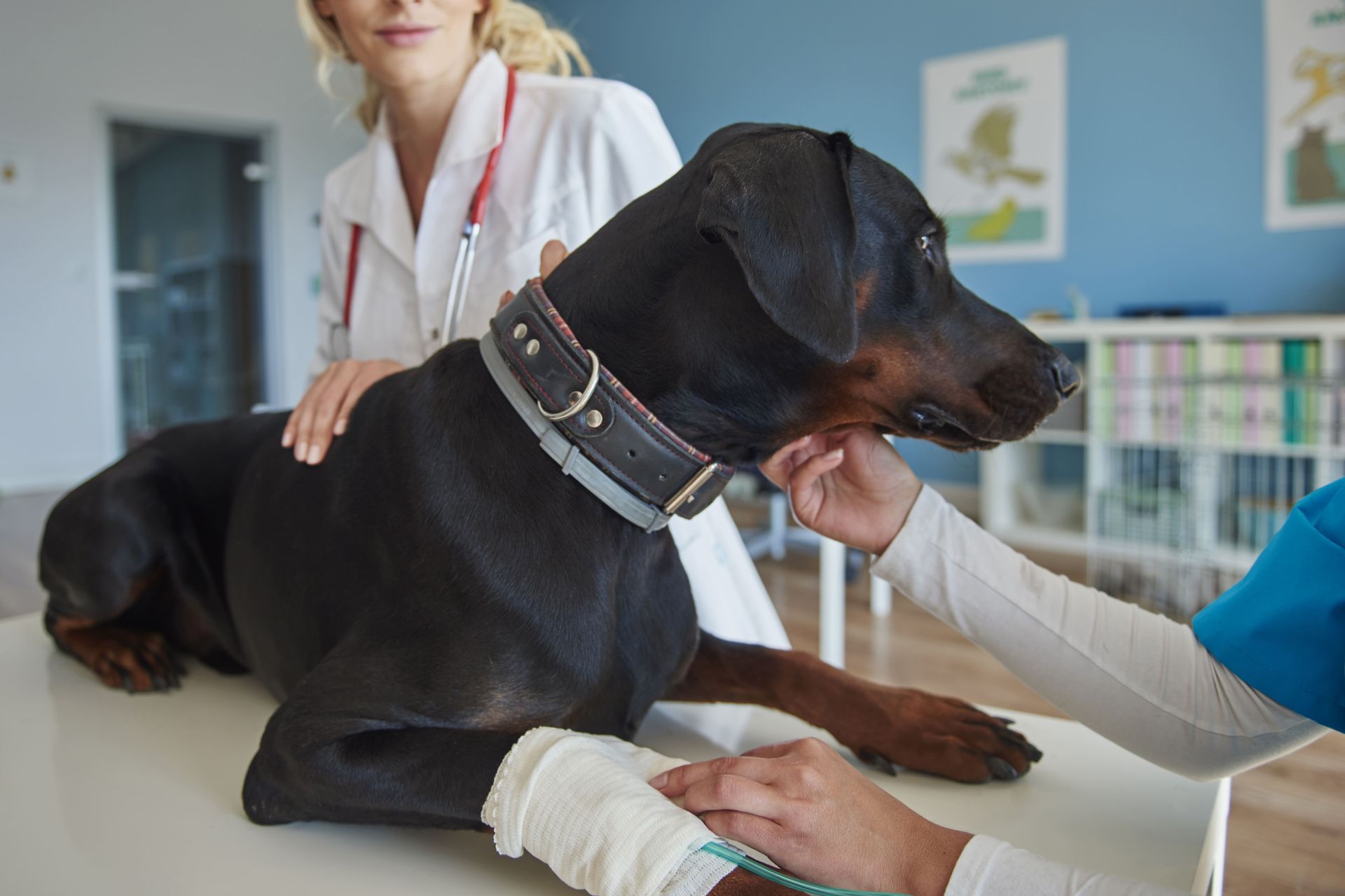How Often Does Your Pet Need a Pet X-Ray?
Ensuring our pets stay healthy and happy is a top priority for every pet owner. One common question that arises in pet care is how often our furry friends need a pet X-ray. Understanding when and why a vet
might recommend this procedure can help you make informed decisions about your pet's healthcare.
Understanding the Purpose of Pet X-Rays
A pet x-ray is a valuable tool for diagnosing various health issues in pets, such as fractures, organ problems, and foreign bodies. They provide a clear view of your pet’s internal health, making them essential in certain situations. X-rays help veterinarians pinpoint the exact issue, which allows for more targeted and effective treatment plans. For example, if a pet has swallowed a foreign object, a pet x-ray can quickly reveal its location and determine the best removal method.
In addition to emergencies, X-rays are also useful for chronic conditions. They provide ongoing insight into long-term health issues like arthritis or hip dysplasia—particularly in larger breeds that are prone to these conditions. By evaluating the progression of such diseases, vets can adjust treatment plans accordingly, ensuring pets maintain a high quality of life.
Think of a pet x-ray as your vet's superpower—offering a peek inside your pet’s body without a single incision. It’s non-invasive, quick, and incredibly informative.
Signs Your Pet Might Need an X-Ray
If your pet is experiencing unexplained pain, limping, or has been in an accident, your veterinarian might suggest a pet x-ray. Persistent vomiting, difficulty breathing, or changes in behavior are also indicators that may necessitate an X-ray. Pets cannot always communicate discomfort, so noticing subtle changes is essential.
Another critical sign is the presence of visible external injuries, such as cuts or abrasions that don’t heal promptly. In these scenarios, a pet x-ray may uncover internal damage that isn’t immediately visible. For senior pets, regular monitoring for symptoms like persistent coughing or difficulty breathing can be vital since they are more susceptible to ailments requiring imaging.
Keep in mind: Even when everything looks fine on the outside, there could be more going on beneath the surface. That’s where a pet x-ray becomes invaluable.
Routine Check-Ups and Preventative X-Rays
Routine check-ups typically don’t require X-rays unless specific concerns arise. However, regular vet visits are crucial as they can catch early signs of health issues that might later require imaging for a definitive diagnosis. Preventive health care can prevent more serious issues from developing.
During these check-ups, your veterinarian may suggest a pet x-ray as a precautionary measure, especially for breeds that are predisposed to certain health issues. For example, larger breeds like Great Danes may need regular screenings for hip dysplasia. In these cases, early detection is key to managing and mitigating symptoms before they escalate.
Frequency of X-Rays for Different Pets
The need for X-rays varies depending on your pet’s species, breed, age, and health history. For example, larger dog breeds are more prone to bone conditions that might require more frequent imaging. Discussing your pet’s specific needs with your vet will provide the best guidance.
Puppies and kittens, although generally healthy, might require X-rays if they have health concerns related to bone development. As they grow, periodic X-rays can ensure their skeletal health is on track. Senior pets, on the other hand, are more likely to undergo a pet x-ray to check for age-related conditions like arthritis or dental issues. Regular surveillance through imaging can lead to early intervention, avoiding more invasive procedures down the line.
Younger pets may not need frequent X-rays; however, those with ongoing health issues or previous injuries may require more regular monitoring to track their healing and avoid complications. It's imperative to collaborate closely with your veterinarian to determine the right frequency based on your pet's interaction with their environment and their overall lifestyle.
Stay Proactive in Pet Healthcare
Knowing when your pet might need a pet x-ray can help you stay proactive in their health care. Regular vet visits and understanding your pet's health needs are essential to ensure their well-being.
Final Words
Your pet’s health can often depend on the care you give today—not just during emergencies, but through consistent check-ups and early detection. While a pet x-ray might seem like a rare procedure, it’s one of the most valuable diagnostic tools in veterinary care. From spotting fractures to managing chronic conditions, X-rays can offer clarity when symptoms remain a mystery. The best way to protect your furry companion is to stay informed, observant, and open to veterinary recommendations.
So, whether it’s a sudden accident or just part of a wellness screening, don’t shy away from the power of a pet x-ray—it might just be the difference between catching a problem early and facing it too late.
FAQs
Q-1. How much does a pet X-ray typically cost?
Ans: The cost of a pet x-ray can range from $75 to $500, depending on the area being examined, the pet's size, and whether sedation is required.
Q-2. Are pet X-rays safe for my dog or cat?
Ans: Yes, pet X-rays are generally safe. They use a low dose of radiation and are performed under the supervision of trained professionals.
Q-3. How long does it take to get results from a pet X-ray?
Ans: In most cases, your veterinarian can interpret the pet's x-ray immediately during the visit, though complex cases may require consultation with a radiologist.
Q-4. Can X-rays detect cancer in pets?
Ans: A pet x-ray can reveal tumors or masses, but further tests such as biopsies or ultrasounds are usually needed to confirm if it’s cancerous.

